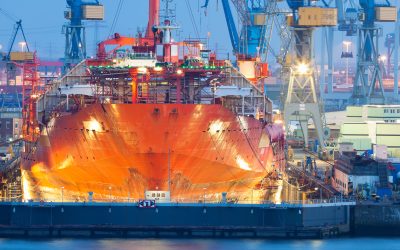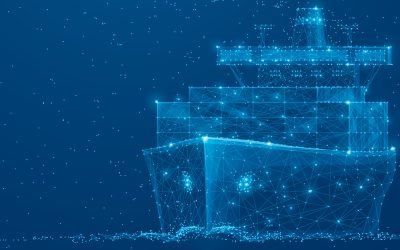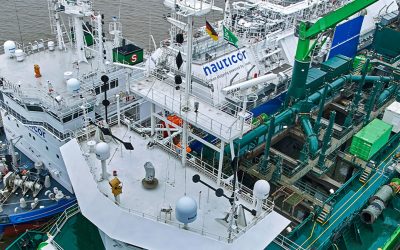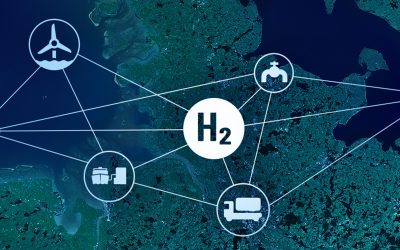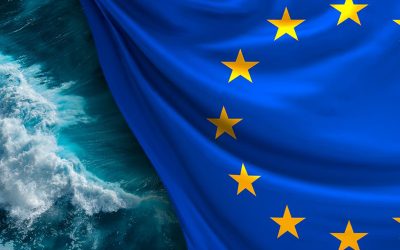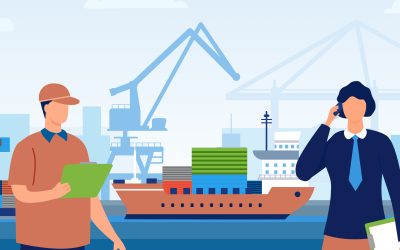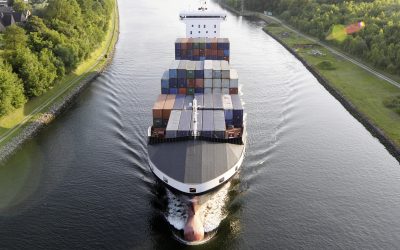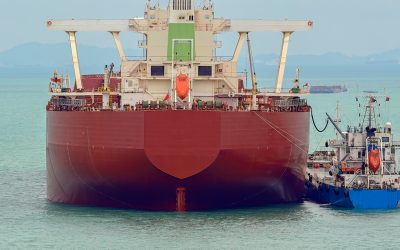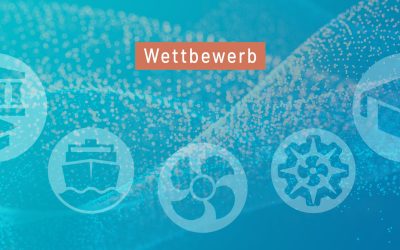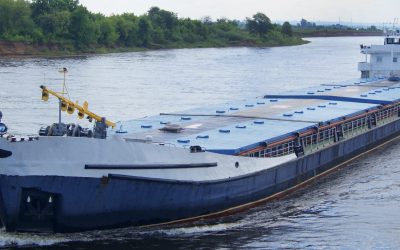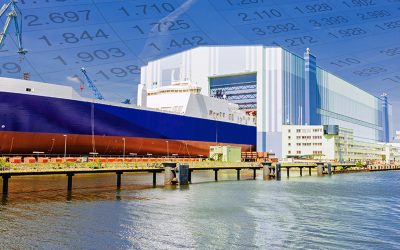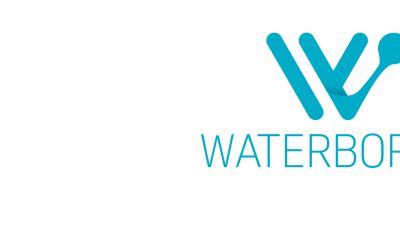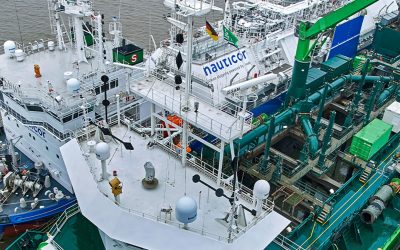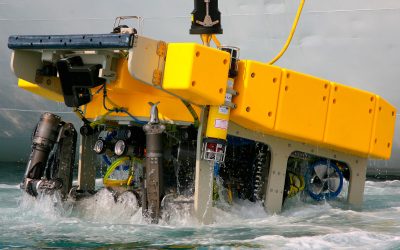The change-over from conventional to renewable fuels is an urgent task for the maritime industry. The study presents a proposal for technical regulations and requirements for inland vessels powered by hydrogen (H2). In Europe, inland vessels are currently not allowed to run on H2 because it is not approved as a fuel.
On inland vessels, the direct use of H2 as a fuel is more feasible than in trucks. Hydrogen-powered inland vessels can contribute to CO2 reductions. They could also shift intra-European freight transport from rail to inland waterways. The first H2 inland vessels (pilot projects) are already in use under special and individual permits.
If inland vessels are to be powered by H2 in the future, existing regulations must be adapted.
Clear government regulations on the use of alternative fuels could motivate the industry to apply the necessary innovations in practice. The precondition for this is that H2 can be used in the first place and that appropriate safety regulations are in place.
In the summer of 2021, the German Maritime Centre charged Lloyd’s Register with developing a proposal for broadening regulations with regard to the technical provisions for H2-powered inland vessels so that compressed or cryogenic hydrogen (or prospectively also other alternative fuels) can be used on them.
On all the European Union’s inland waterways, the technical regulations are harmonised under an EU directive (2016/1629). The uniform technical regulations contained in ES-TRIN, the European Standard laying down Technical Regulations for Inland Navigation Vessels, ensure the safety of inland vessels in Europe.
Lloyd’s Register investigated how ES-TRIN’s technical regulations for inland vessels will need to be supplemented if H2 is to be approved as a fuel. Central to this are the safety regulations, including for the storage of H2 (in liquid or gaseous form), fire and explosion protection, refuelling and operation. The draft rules, which have been drawn up with control technology options in mind and formulated to be independent of specific technologies, contain a large number of suggestions and pointers.
Lloyd’s Register has already presented this draft to the European Committee for drawing up standards in inland navigation (CESNI) so that it can be incorporated in a new version of ES-TRIN as soon as possible. The technical and administrative coordination process with the associations, the manufacturers and the responsible national institutions will still take time. But the way will only be clear for new inland vessels with safe H2 propulsion to be constructed and to sail throughout Europe without special permits if there is a new set of regulations.
“The transformation process to alternative energies must be accelerated. It is important that clients and manufacturers get a signal as to what criteria they have to fulfil for the operation of H2 inland vessels soon,” says Claus Brandt, managing director of the German Maritime Centre.
At a specialist event – attended by almost 200 people from public administration, science and industry – the maritime sector was updated about the current status of the draft regulation. Two model projects that use H2 as a fuel were presented. In addition, the Central Commission for Navigation on the Rhine gave an overview of its roadmap for emission-free inland navigation.
The Federal Ministry for Digital Affairs and Transport (BMDV) was very positive about the cooperation with the German Maritime Centre. The awarding of the contract to Lloyd’s Register and the technical coordination with Lloyd’s Register was carried out on time and within budget.
Please feel free to call us if you have any questions or would like to talk to the project manager Ms Bärbel Kunze (Regulations and Standards) or Lloyd’s Register.
The study and a management summary (only in German) can be found here.
Press contact:
Dr. Regine Klose-Wolf
Head of Communications
+49 40 9999 698 -51
+49 1590 189 1929
Klose-Wolf(at)dmz-maritim.de




